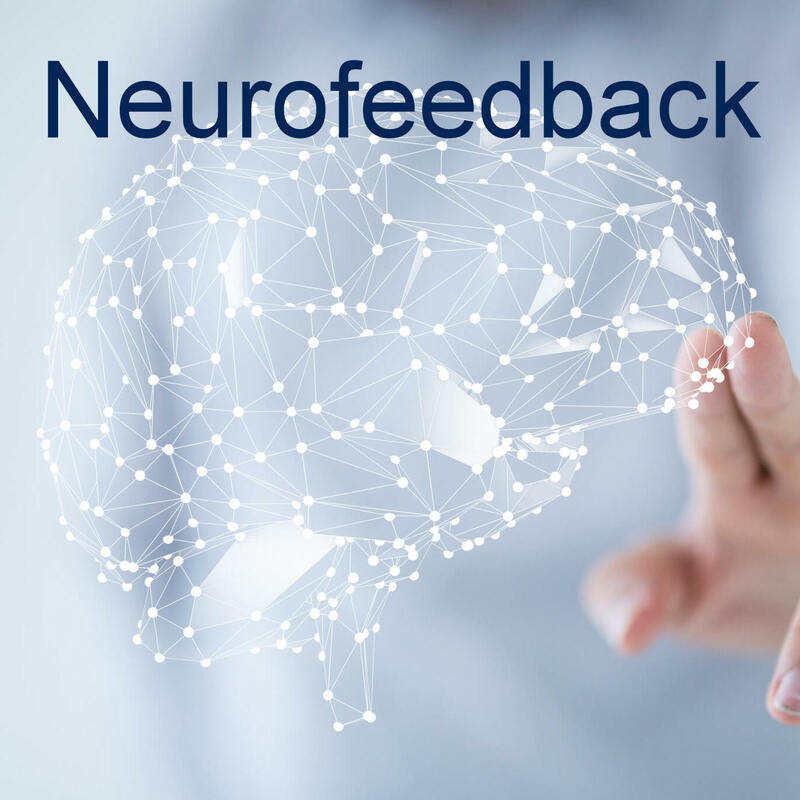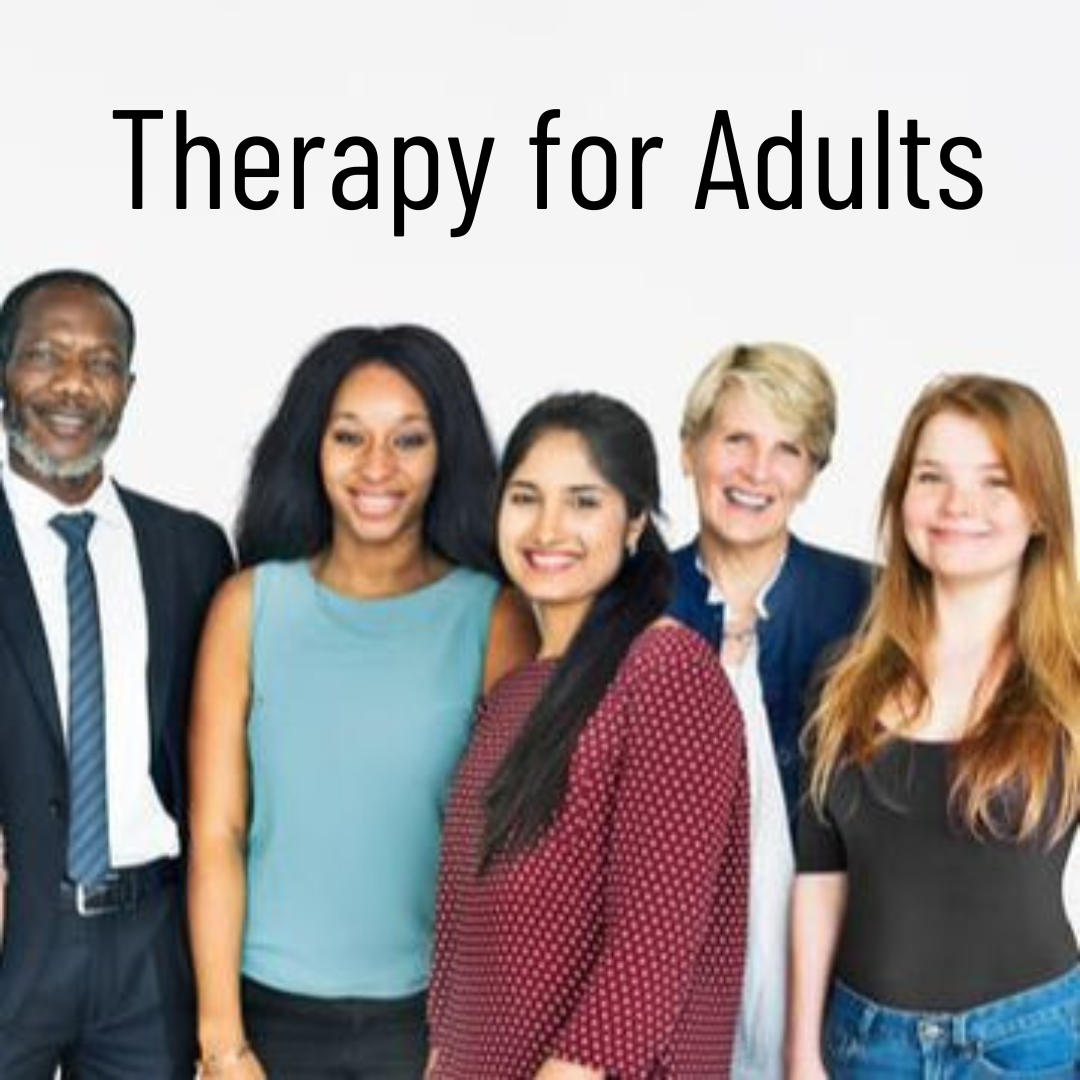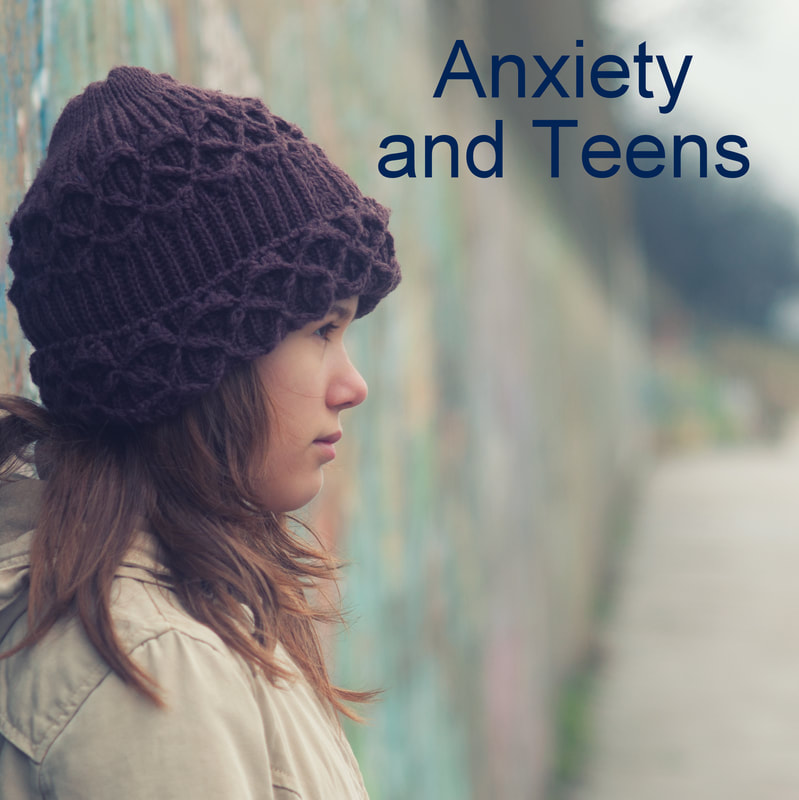Is My Teen Depressed?
While occasional bad moods, mood swings, isolating or acting out behaviors are to be expected during the teenage years, depression is something different. Depression causes an overwhelming sense of sadness, despair, or anger. Unlike adults, who have the ability to seek assistance on their own, teenagers rely on parents, teachers, or other caregivers to get them the help they need. But that isn’t always easy. For one, teens with depression may have difficulty talking with adults about their feelings. In addition, teens with depression don’t necessarily appear sad. Instead, irritability, anger, and agitation may be the most prominent symptoms. Many unhealthy or rebellious behaviors in teenagers may actually be signs of depression. Teen depression may present on its own or be associated with other problems, such as anxiety, school difficulties, social issues, eating disorders, or self-injury.
Assessment and Treatment
|
Many symptoms of teen depression are also common in teens without depression. Assessment of depression is an evidence-based process that considers the number and severity of the symptoms, as well as how long they have been occurring for. Treatment and diagnosis of depression that occurs during teen years is critical to long lasting health outcomes.
Depression can cause tremendous difficulty for your teen and disrupt everyday family life. It is often triggered by one or more major stressors, such as social or academic pressures, loss of a relationship or friendship, significant life change, a frightening or traumatic experience, identity or body image concerns, etc. Stress has physiological consequences. It triggers a chain of chemical reactions and responses in the body. If the stress is short-lived, the body usually returns to normal. But when stress is chronic or the system gets stuck in overdrive, changes in the body and brain can be long-lasting. Over time, it reaches a point where a teen is not able to "pull herself together" or "change his attitude." Parental support and understanding is essential to treatment. If your teen has entered into a clinical depression, it is not your fault or theirs. There are plenty of things you an do to start helping your child feel better. The first step in treating adolescent clients involves an evidence-based process for diagnosing their condition. This may begin with a parent meeting or with a meeting for parents and the teen together. We prioritize their safety, and if symptoms of self-harm or suicidality are present we will complete a safety plan to help keep your teen healthy during the treatment process. Psychotherapy typically takes place weekly and is a well documented treatment for depression, but some teens may benefit from consultation regarding medication as well.
Psychotherapy with teens involves a layer of privacy to help the teen feel safe about sharing details with their therapist without fear of that information being received by the parent. The boundaries that we set will be discussed and agreed on as a group when we meet for our first session. As therapy progresses, we will work with your child to not only cope with and reduce negative feelings, but to introduce positive life skills and increase communication and social support. Our philosophy is that happiness is not just the absence of sadness, but the discovery of inspiration, hope, and a new way of approaching problems. |
What are some of the Signs and Symptoms of Depression in Teens? Sadness or hopelessness Irritability, anger, or hostility Frequent conflict with family members Low self esteem Crying or often tearful Withdrawal from friends and family Loss of interest in activities Loneliness Changes in eating and sleeping habits Smart phone or video game addiction Poor school performance Frequent absences Skipping classes Restlessness and agitation Feelings of worthlessness and guilt Lack of enthusiasm and motivation Fatigue or lack of energy Difficulty concentrating Unexplained aches and pains Drug and alcohol use Running away Thoughts of death or suicide |
Ready to get started? Call, email us, or make an appointment online.
Use Our Intelligent, Real-Time Scheduling System To Search Our Availability and Request An Appointment.


















